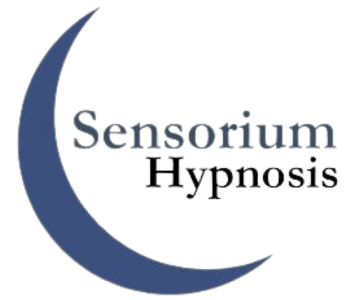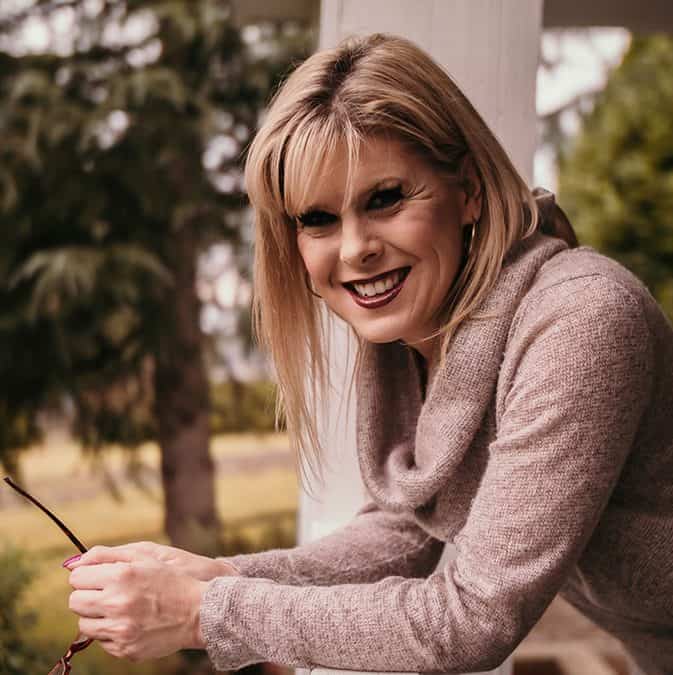As adults, many of us carry invisible imprints from our childhood experiences, particularly when we grew up in homes shaped by mental illness, addiction, or abusive behaviors. These formative years often lay the groundwork for unhealthy relationship patterns that can persist into adulthood. For adult children of parents with these challenges, one common thread is the tendency to seek romantic partners who need to be “fixed” or cared for – a dynamic rooted in deep-seated patterns of codependency and parentification.
The Roots of Codependency: Parentification and Emotional Caregiving
Parentification occurs when children are forced to take on caregiving roles for their parents, whether emotionally, physically, or both. In these families, the child’s needs are often secondary, and their sense of worth becomes tied to their ability to manage the household, soothe emotional crises, or shield siblings from harm. The child unconsciously learns:
- Love is earned through service or sacrifice.
- Their needs are less important than the needs of others.
- Their worth is measured by how well they can “fix” or care for someone else.
These beliefs often follow us into adulthood, creating a magnetic pull toward partners who mirror the dynamics of our childhood. The result? Relationships where the adult child becomes the caregiver, rescuer, or problem-solver while neglecting their own emotional needs.
Recognizing Red Flags in Relationship Patterns
Unhealthy relationship dynamics may feel familiar and comfortable, even when they are not fulfilling. Here are some red flags to watch for:
- Attraction to “broken” partners: Feeling drawn to partners who struggle with addiction, mental health issues, or chronic instability.
- Over-functioning in relationships: Consistently managing your partner’s life while neglecting your own needs.
- Fear of abandonment: Staying in unhealthy relationships out of a fear of being alone or unworthy of love.
- Difficulty setting boundaries: Saying “yes” when you want to say “no,” and feeling guilty for prioritizing yourself.
- Self-worth tied to caregiving: Believing that your value in the relationship comes from what you do for your partner, rather than who you are.
These patterns are often reinforced by a subconscious belief that “this is just how relationships work,” particularly when modeled by our caregivers.
Internal Processes to Uncover Old Patterns
Breaking free from these cycles requires deep inner work to uncover and heal the beliefs formed in childhood. Consider exploring the following processes:
- Journaling and self-reflection: Write about your past relationships and identify recurring patterns. Ask yourself: What do I believe about love and worthiness?
- Inner child work: Visualize your younger self and ask what they needed most in their childhood. Offer them the love and validation they may have missed.
- Boundary exercises: Practice saying “no” and honoring your own needs, even in small ways. Boundaries are essential for breaking codependent dynamics.
- Identify core beliefs: Reflect on statements like, “I must earn love,” or “If I don’t help, I’ll be abandoned.” Challenge these beliefs and replace them with healthier affirmations.
The Role of Hypnosis and Spiritual Coaching
Hypnosis and spiritual coaching offer powerful tools to help break these deeply ingrained patterns. These modalities work by accessing the subconscious mind, where limiting beliefs and old emotional wounds are stored. Here’s how they can help:
- Hypnosis: In a deeply relaxed state, you can uncover the subconscious roots of your patterns, such as memories of parentification or feeling unworthy of love. Hypnosis allows you to rewrite these scripts and anchor new, empowering beliefs.
- Mystical meditation: Through guided meditative practices, you can connect with your higher self and gain insights into your soul’s journey. Mystical meditation fosters clarity, self-compassion, and a sense of inner peace.
- Working with Spirit: As a metaphysician, I encourage clients to invite Spirit into their healing process. This might involve connecting with divine guidance, trusting intuitive nudges, or asking deeper metaphysical questions about the purpose of their experiences.
- Exploring deeper questions: Spiritual coaching helps you ask transformative questions such as, “What is the soul lesson in this pattern?” or “How can I align my relationships with my higher self?”
Breaking Free: A Path to Authentic Love
Healing begins with the realization that you deserve relationships built on mutual respect, support, and love. By addressing the subconscious programming from your childhood and integrating new spiritual and emotional tools, you can break free from codependency and parentification.
As you release these patterns, you’ll open yourself to healthier, more fulfilling relationships where love is freely given and received. Remember, you are inherently worthy of love, simply because you exist. The journey to healing may be challenging, but it is also profoundly liberating.
If you’re ready to take the next step, consider working with a skilled hypnotist or spiritual coach who can guide you through this transformative process. Together, you can uncover the beliefs holding you back and create a future filled with authentic love and connection.
#BreakingUnhealthyPatterns #CodependencyHealing #Parentification #AdultChildrenHealing #MentalIllnessRecovery #AddictionRecovery #HealthyRelationships #HypnosisForHealing #SpiritualCoaching #InnerChildWork #SetBoundaries #SelfLoveJourney #EmotionalHealing #TransformativeHealing #AuthenticLove #SpiritualGrowth #HealingJourney #PersonalDevelopment #RelationshipHealing #SelfCompassion #MindfulLiving
What have clients experienced with Sensorium Hypnosis? Click here: Video Testimonials – Reviews – Sensorium Hypnosis
More about hypnotist/spiritual coach/author, Amy Marohn: About & Contact – Sensorium Hypnosis
- Spirit-Assisted Dream Interpretation: Unlocking the Soul’s Messages Through Hypnotherapy & Higher Guidance - June 26, 2025
- Spiritual Hypnotherapy and the Shift from Religion to Soul-Centered Living - May 13, 2025
- The Spiritual Cost of Overconsumption: Why Simplicity Attracts True Abundance - May 11, 2025

